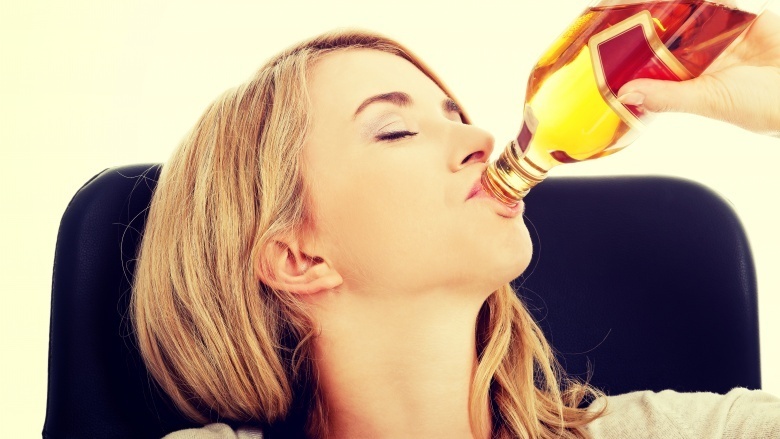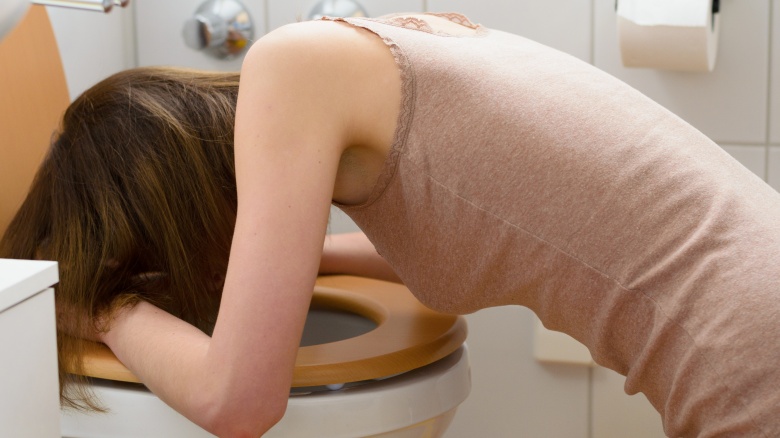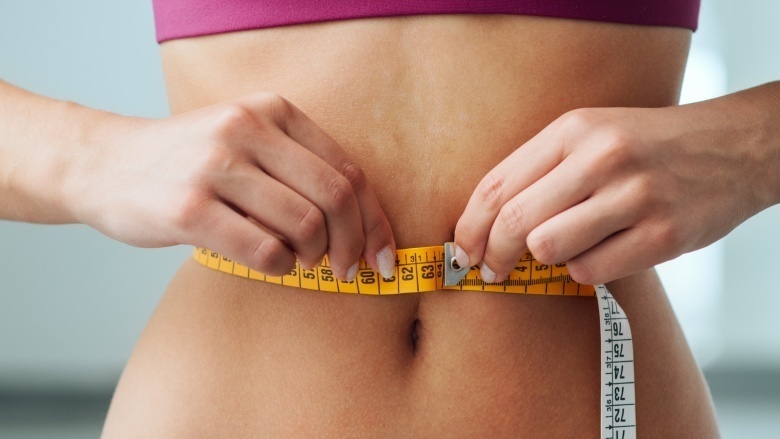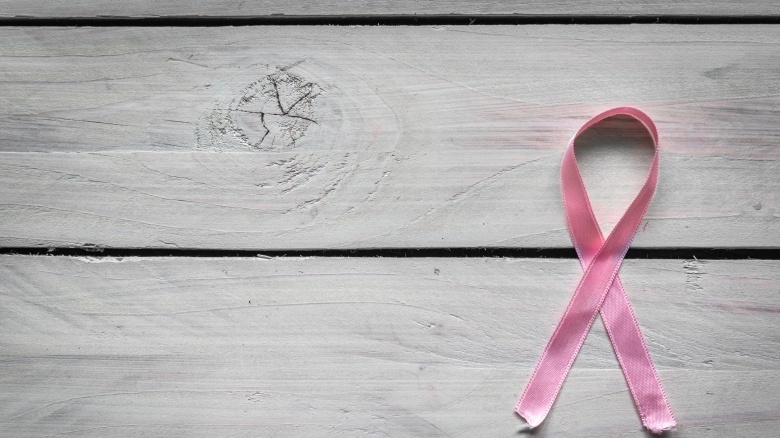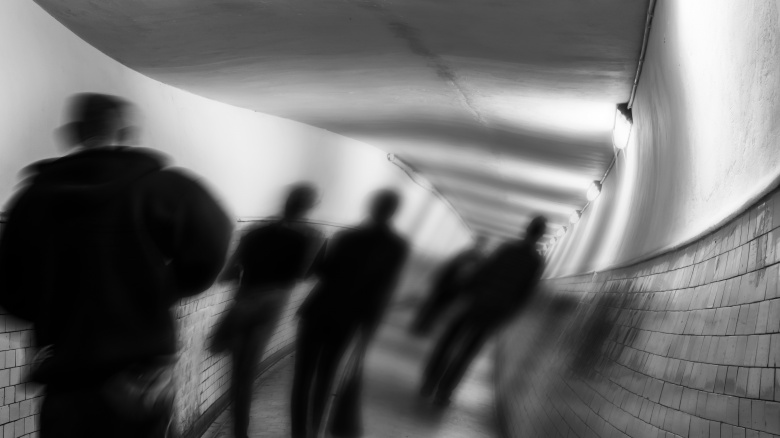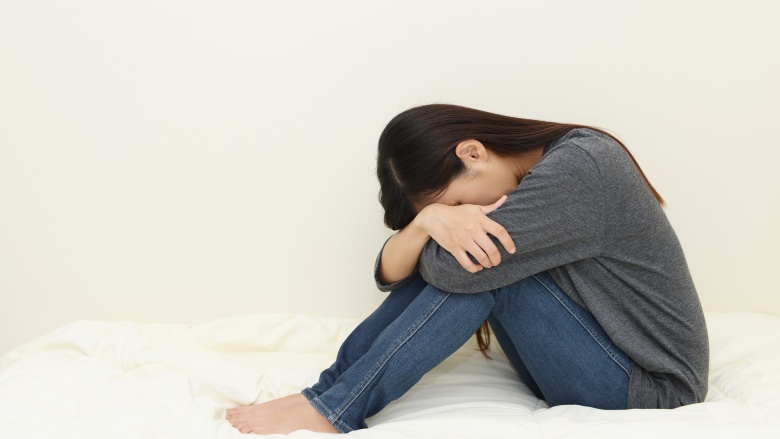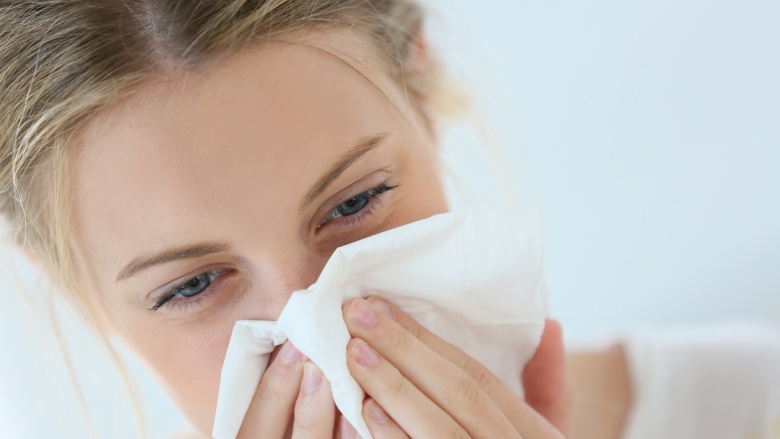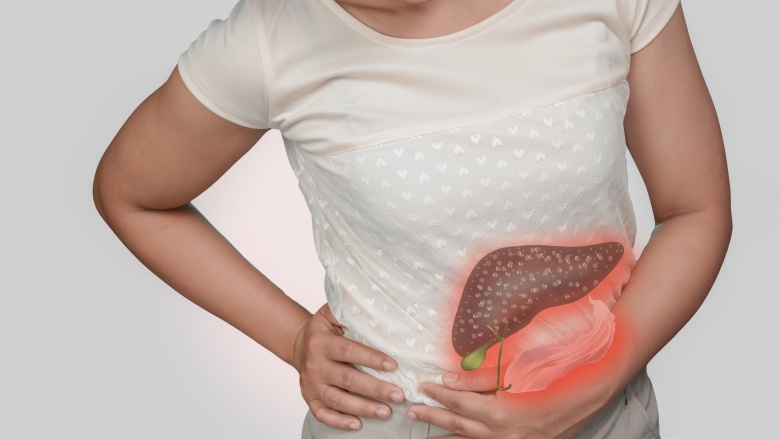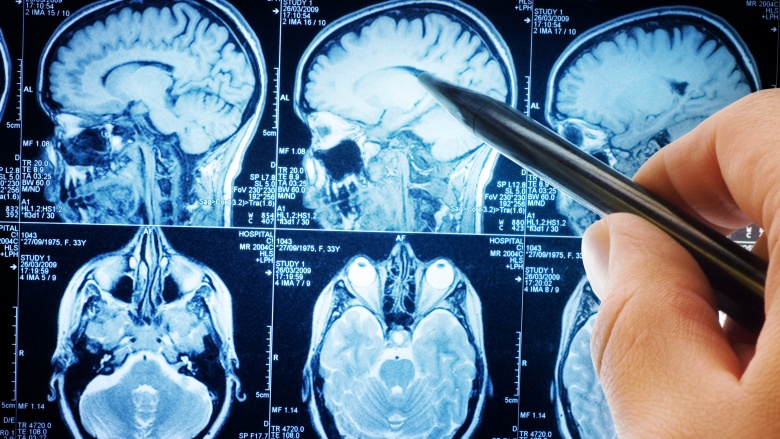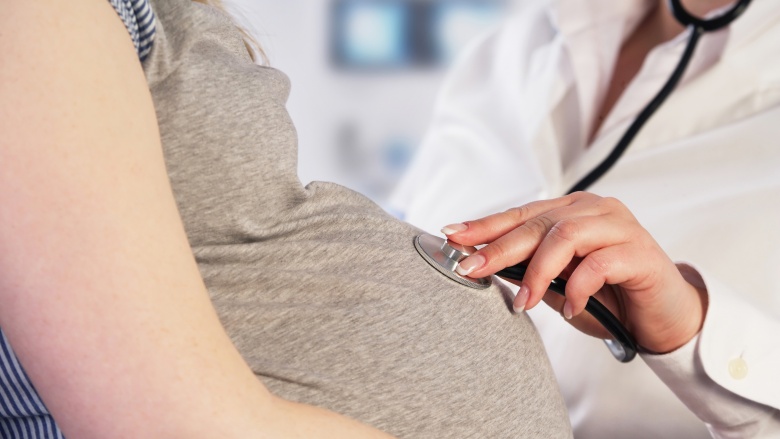What Really Happens To Your Body When You Stop Drinking Alcohol?
There are plenty of reasons to quit drinking alcohol. Perhaps you can't party as hard as you once did, and the hangovers are getting worse. Maybe you've developed a beer belly. Possibly, there's a deeper issue at play and you don't want your drinking to get out of hand before it's a problem—unless it already is and you just don't realize it. Whatever your circumstances are, you're here, and you're ready to kick the sauce. Let's breakdown what happens to your body once you quit drinking.
Detox isn't pretty
The first 48 hours after you stop drinking may be the biggest detox hurdle. Depending how much you were drinking, this may feel like a hangover or it may be more than that. Withdrawal symptoms can include sweating, a rise in blood pressure, shakiness or tremors, and insomnia as well as the usual hangover symptoms like headache and nausea.
You'll sleep better
It may take a week or two, but after you quit drinking you'll ultimately sleep better. According to research, drinking increases brain wave patterns that usually happen when you're awake. In normal deep sleep, the brain activity is in delta waves. Consuming alcohol causes brain activity during sleep to happen in alpha waves. Alpha waves are generally only seen in brain activity when we're awake, but resting. We all know that resting on the couch isn't the same thing as getting a good night's sleep, so it's no wonder that people who drink regularly often feel tired and fatigued during the day.
You may be thinking, "But I always fall asleep faster when I drink!" That may be true, but it's only for a little while. A review of several studies found that even if alcohol helps you fall asleep more quickly and deeply at first, the quality of your sleep suffers overall, leaving you feeling tired the next day. So while you may have a hard time falling asleep at first when you stop drinking, you'll be more refreshed the next day.
You'll lose weight
If you stop drinking and change nothing else about your diet or level of activity, you're likely to lose weight. It's partially the simple concept of calorie counting—alcohol, especially beer, contains a lot of calories. A single IPA may have as many as 200 calories; and a margarita could have roughly 300. If you suddenly drop hundreds of calories a day, the pounds will drop off over time. Plus, you'll overeat less. Research shows a link between alcohol consumption and heightened senses. Being intoxicated sends the hypothalamus in the brain into high gear, which makes the body more sensitive to food smells. That, combined with alcohol's famous ability to remove inhibitions, leads to extra eating.
Your skin will look better
Alcohol is a diuretic, meaning it causes water to exit the body. Not so much "cause" as "force." In short, it's severely dehydrating. It decreases the production of a hormone that helps the body absorb and hold water. This is why water is needed during a hangover. Over time, less water in the body leads to noticeable effects, such as parched and dry-looking skin, rosy red cheeks, dandruff, and eczema. After kicking the sauce, you should see a vast improvement in the quality of your skin.
Blood sugar levels return to normal
When the body is processing alcohol, it stops efficiently maintaining proper blood sugar levels. Not only does it get in the way of your body accessing glucose stores but it decreases the effectiveness of insulin, the hormone that regulates blood glucose levels. That leads to wildly out of control blood sugar levels, which over time can lead to type II diabetes. Blood sugar levels often normalize when alcohol is no longer a factor—in studies, they've been shown to drop by as much as 16 percent.
Your chances of developing several forms of cancer decrease
The National Cancer Institute has linked heavy drinking with an increased risk of several cancers, among them: mouth, liver, breast, colon, and rectal cancer. Without alcohol in the body, that's one less carcinogen to worry about.
You'll crave alcohol
You probably saw that one coming. If you've been drinking alcohol regularly, your body is going to take note when it's gone. According to the National Institute on Alcohol Abuse and Alcoholism, cravings are to be expected when your drinking behavior changes. The equilibrium your body created to adjust to alcohol in your system will no longer exist. That first day you go without a drink, especially if you've been drinking every day, is likely going to be filled with cravings for alcohol. For some, cravings can last weeks, months, or years depending on the amount and regularity of alcohol use prior to quitting.
It may get worse before it gets better
If you are a heavy drinker, you may not be out of the woods after 48 hours. Between 48-72 hours is generally when the onset of 'delirium tremens' occurs for some. Delirium tremens is sudden confusion that may be paired with hallucinations, shaking, irregular heart rate, and an increase in body temperature so high that it can sometimes lead to seizures. If you are a heavy drinker, it is important to detox from alcohol under the supervision of a medical professional as the withdrawal from quitting cold turkey can lead to death.
Physical symptoms will subside
While hangover and withdrawal symptoms can be uncomfortable, and at times dangerous, the good news is that after peaking at around 72 hours after the last drink, the last of these symptoms will generally start to subside. At this stage your body begins to create a new equilibrium that does not include alcohol and its effects.
Other symptoms of detox last longer
While your body will have adjusted after a week of not drinking, there may be psychological effects of detox that last longer. Some people report feelings of anger and aggression, general anxiety and depression, nightmares and difficulty sleeping, and even decreased libido. This is in part because alcohol use affects neurotransmitters that are implicated in mood, such as serotonin. There may also be underlying issues for which alcohol has been used to self-medicate. Often the experiences and emotions that were being ignored during alcohol use rise to the surface after you stop drinking. During this time it can be helpful to seek out counseling, either individual or in a group, to handle these emotions and experiences.
Your immune system will work better
Excessive drinking has been linked to many immune-related health effects. These include higher susceptibility to pneumonia and other respiratory disorders, greater likelihood of sepsis and certain cancers, a higher instance of postoperative complications, and poor wound healing, among many others.
Research suggests this is because alcohol overexerts the immune system. In fact, some studies have found that a single episode of binge alcohol intoxication leads to exertion on the immune system and inflammation. The good news is that it can be reversed. After you stop drinking, your immune system's response will be strengthened over time.
Liver fat will decrease
In a small study conducted by New Scientist and the Institute for Liver and Digestive Health at University College London Medical School, abstaining from alcohol for a month led to an average of 15 percent decrease in liver fat (with some individuals seeing a 20 percent decrease). This is important because fat accumulation in the liver can lead to liver damage and eventually liver disease.
Brain damage could be reversed
Extended alcohol use and abuse can negatively impact your brain. According to research, alcohol's most significant impact is on the areas of the brain critical to learning and impulse control. While some of these changes may be permanent, especially for those who abuse alcohol for an extended period of time, there is some hope.
According to the National Institutes of Health, abstaining from alcohol over several months to a year may lead to a partial correction of some structural brain changes that were caused by alcohol and may also reverse negative effects on problem-solving, memory, and attention.
You have a better chance of conceiving
If you're trying to have kids, your chances will be better once you stop drinking because alcohol reduces fertility. In one study, healthy women who drank 10 or more drinks a week decreased their odds of conceiving to 34%. While you may be thinking that you'll be fine because you don't drink that much, even moderate drinking affects fertility. In the same study, women who drank between one and five drinks per week (less than one drink per day) decreased their odds of conception to 61%.
It may be hard
If you are a moderate drinker, you may be able to quit on your own without too much trouble. If you're a regular or heavy drinker, however, you may find it much more difficult. Both internal and external triggers may lead you to want to start drinking again. No matter your current level of drinking, there are many resources available if you want to stop, including a state by state resource guide. Whether you utilize an online support group, attend meetings, or seek individual counseling, quitting drinking is possible for everyone.
